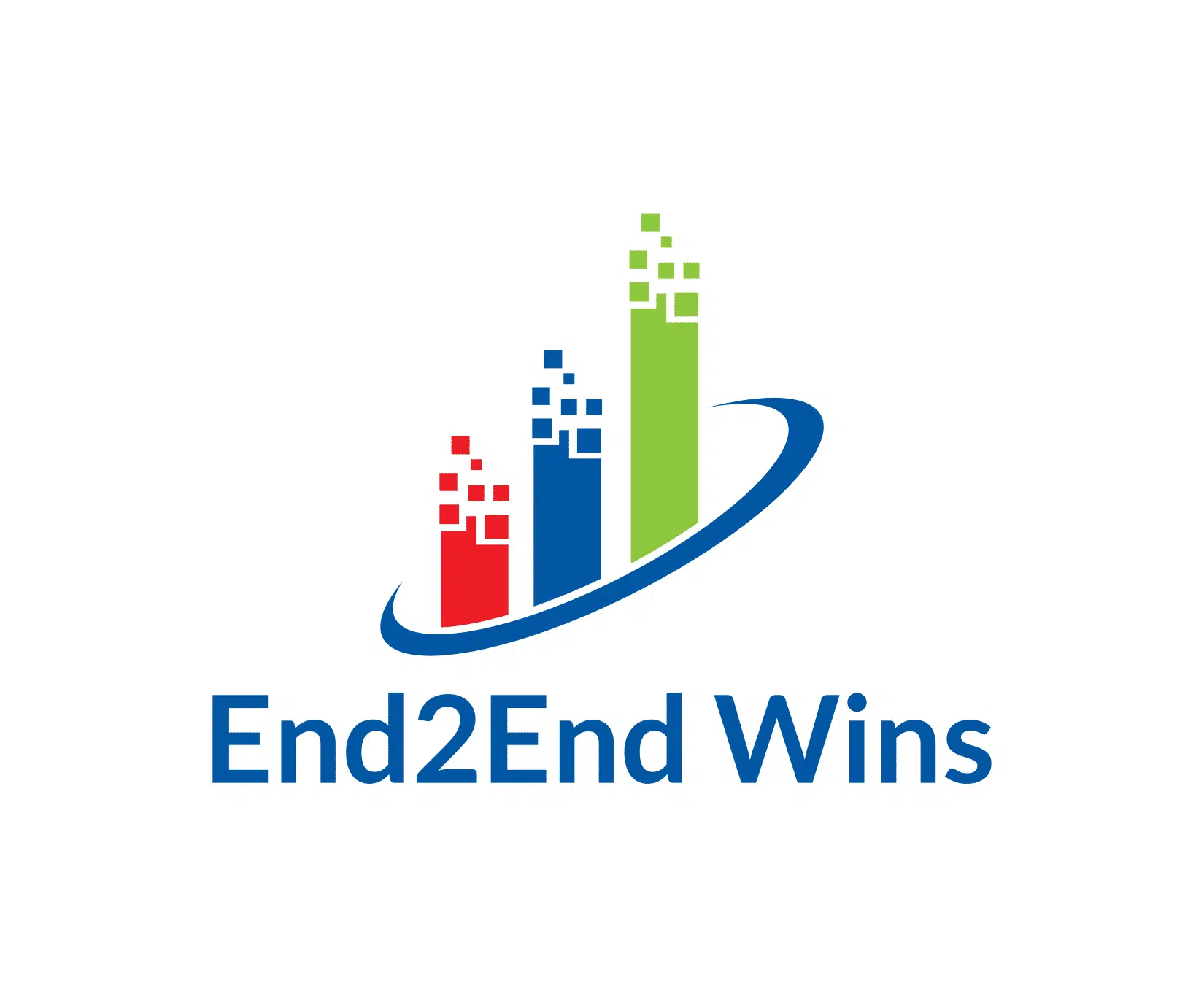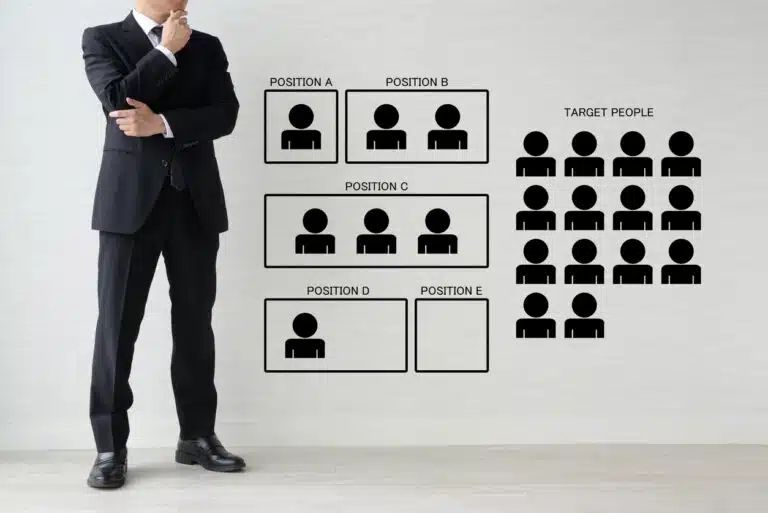Pardon me if this post hits a little close to home, but I sincerely want to help.
Most of my conversations with executives in the first part of 2022 centered on the difficulties of acquiring and retaining talent. Recently, topics have changed dramatically. Most executives expect a decline in business and are preparing accordingly.
Earlier this year, I predicted the hot job market would taper in 4Q 2022. The premise is that many companies would begin to realize “synergies” from the plethora of M&A transactions that closed in the second half of 2021 and early 2022. In my original post, I predicted an increase in layoffs, beginning in 4Q 2022 and continuing well into 2023.

The Common Corporate America Model is Broken!
During my time in corporate America, I recall times when we had to reduce staff. The underlying reasons and business drivers may have varied each time, but the approach essentially was the same.
Does this model sound familiar? There is an overall decline or softness in the business. Senior management establishes a corporate savings target, and many departments receive a share of the target. Each department leader may need to determine a new structure going forward. Typically, the leader eliminates some roles, revamps the duties of other positions, and sometimes creates new roles. Many decisions are mostly guesswork, with some resulting in later regret.
A case in point is when management promotes a top-performing individual contributor into a leadership position, only to realize later it was a wrong decision for the company and the employee. Management has good intentions, but in these cases, employees often can feel frustrated in their new roles with a feeling of “this is not the job I signed up for.” Granted, that is not always the case, but I’m sure you can relate to the experience.
Effective Career Pathing
Why do so many talent decisions go wrong? There are many variables, but a significant contributor stems from a limited approach to career pathing. For example, the career path for a given employee consists only of options that provide vertical movement to a higher level. Such an approach usually is driven by a general lack of awareness of each employee’s aspirations, work/life balance desires, other talents, and innate behavioral strengths. Effective career pathing options should also include “horizontal” opportunities to develop individuals personally or professionally.
Companies can help their leaders cultivate a broader view of career pathing options. They can use behavioral data to inform the development of career path options. Moreover, these “people data” can also be used to model and predict the likely outcomes of talent-related decisions before ever making the decision. Leaders can also take steps to build trust and improve communication with their team. Doing so will help leaders better understand each person’s unique career aspirations and other vital considerations to foster better career pathing
I Can Help!
I have a passion for helping others develop their communication and leadership skills. My firm helps organizations develop their leaders, increase employee engagement, and improve teamwork for optimal results. Please feel free to reach out to me via LinkedIn or visit https://end2endwins.com if you would like to learn more about my services and workshops.

